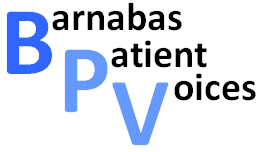What is the Role of Reception?
I know it doesn’t look it from the outside, but it is actually a highly skilled, stressful and important role.
- First of all their job is not to get in the way, be obstructive, or rude, or a dragon, or pry into anything personal. Nor is it just to answer the phones.
So what is the role, and how can we help …
- The doctors have entrusted the reception staff with an important job: to deal with enquiries, book appointments, ensure the deluge of admin reaches the right person, and try to keep everything running smoothly.
- Receptionists will have a good understanding of the services on offer (both in the practice and in the wider NHS) so …
- … think of receptionists as your ally in finding the person most skilled and appropriate to help you …
- … but to do this they may need more details about your condition to help assess the degree of urgency.
- Yes, this means they sometimes have to be told personal information, and have access to (some parts of) your medical records. But they are required (by their contract of employment) to keep all patient information confidential – and in any event they talk to so many people that they’re unlikely to remember your specific details, even if they wanted to.
- We can help by being realistic. Is the issue actually urgent? Do you really need to see a specific GP? (Maybe you do if you have an ongoing problem or need continuity of care for multiple chronic illnesses.) Could the Practice Nurse, Health Care Assistant, or Clinical Pharmacist deal with your problem?
- While the receptionists’ job can be stressful, they equally know you too may be under stress or worried. And of course mistakes will occasionally happen (it’s called “life”). Nevertheless they will do their best to help you at all times, so please try to be patient and courteous in return.
Keith Marshall, 14 October 2021
